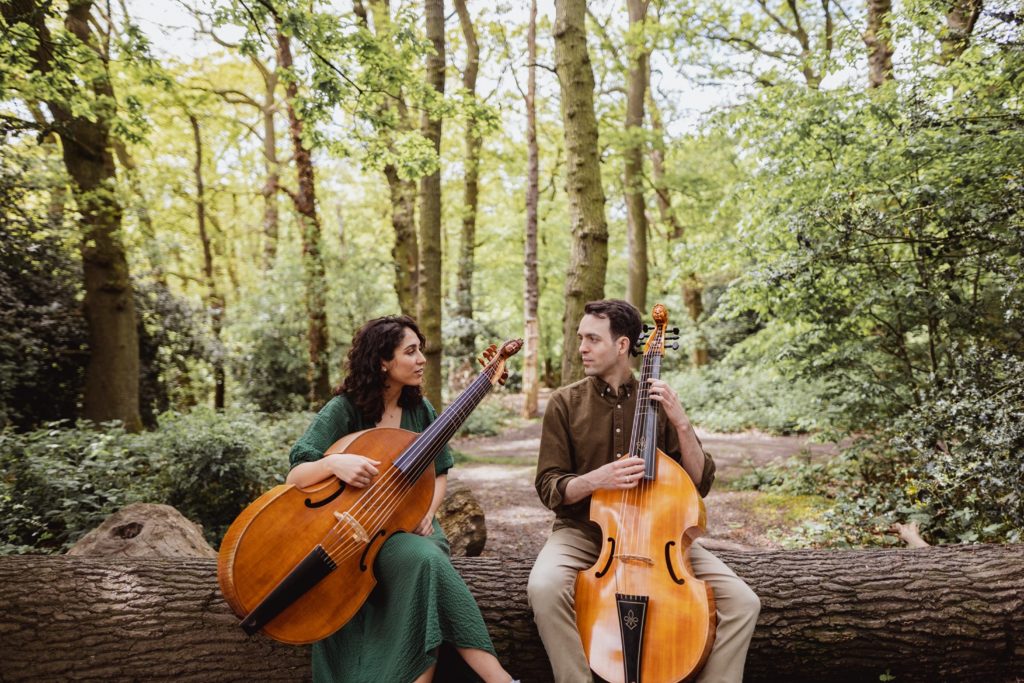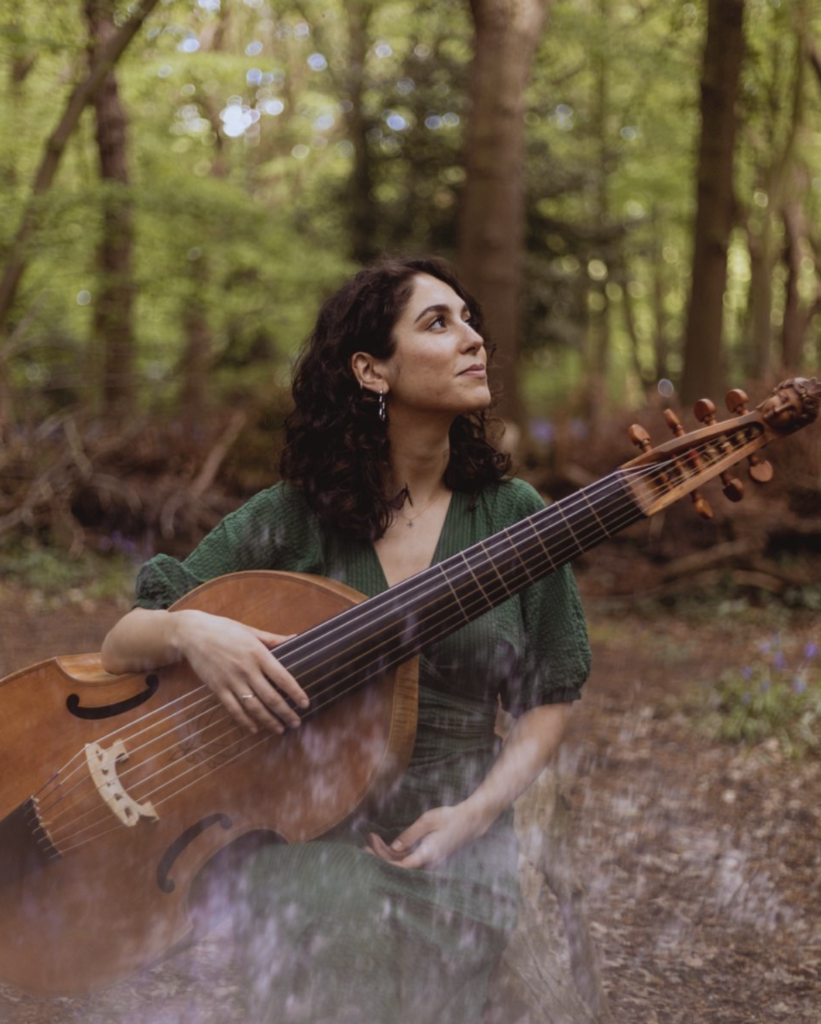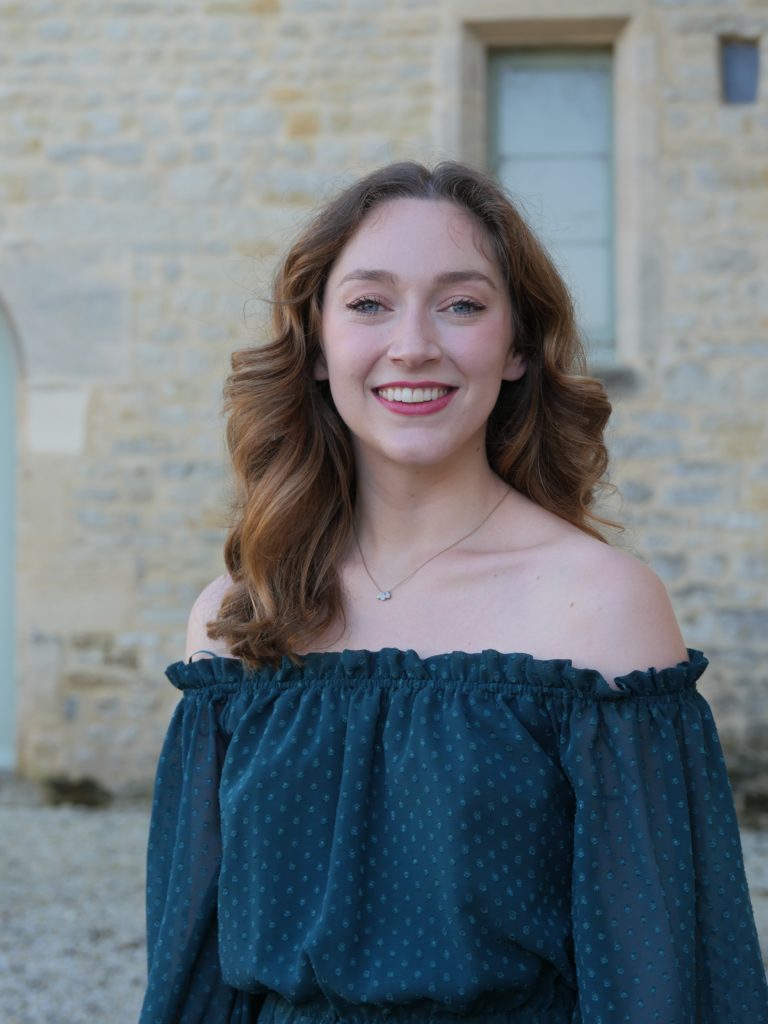
NCEM Platform Artists: Intesa, A Merry Conceit, Bedern Hall, Bedern, York, December 15
IT is rare, even under the umbrella of Early Music, to encounter a concert as wide-ranging as this. Intesa, who are Lucine Musaelian and Nathan Giorgetti and combine playing bass viols with singing, roamed as far back as 5th-century Armenia while including a 21st-century piece by Musaelian herself in this mid-morning recital.
The programme was devised to show the coming of light to a dark and wintry world and had an appropriately religious flavour. Armenia became the first officially Christian state in AD 301, when its king was converted. Its largely musical liturgy depends on eight basic modes (octoechos), considerably pre-dating Gregorian chant, which were reformed in the 12th century by St Nerses IV, who was nicknamed “Shnorhali” (Gracious).
So it was fascinating to begin with one of Shnorhali’s own pieces, Aravot Luso (O Morning Of Light), which involved hypnotic drone under sinuous soprano. It was quite a stretch to Morley’s duet madrigal Miraculous Love’s Wounding immediately afterwards, although we needed to hear a little more from Giorgetti’s light tenor.

Two more traditional Armenian songs proved catchy, especially when jazzed up with plucked viols, as in Shogher jan, which marks the return of friends along with the cool weather. They were preceded by the superb Maria, Dolce Maria by Francesca Caccini, the first woman known to have composed operas, where Musaelian’s fiery melismas – bunches of notes to a single syllable – added considerable intensity.
At the centre of it all lay a touching Canzonetta Spirituale by Tarquinio Merula, an extended rocking lullaby over a bass ostinato that presages the Christ-child’s ultimate fate. That still left Dowland’s timeless lute song Time Stands Still, one viol simulating a lute, and two gamba duets by Tobias Hume, where Intesa’s virtuosity really had a chance to blossom.
Muselian’s love-song to her own poetry, Morning Light, was gracefully dusted with both syncopation and viol harmonics, the latter a first in my experience.
Finally, Intesa took us to Wales, with All Through The Night. We had traversed eight countries and 16 centuries, a tasting menu if ever there were. Tasty too.
Review by Martin Dreyer

